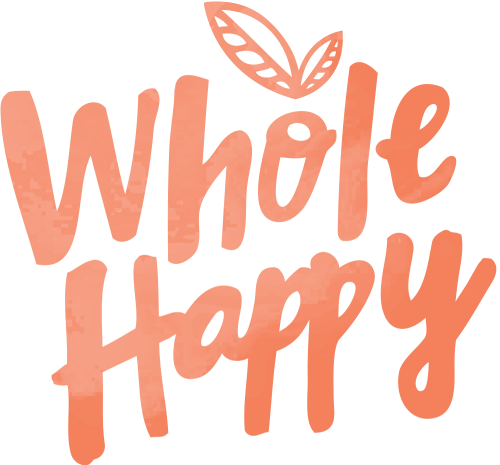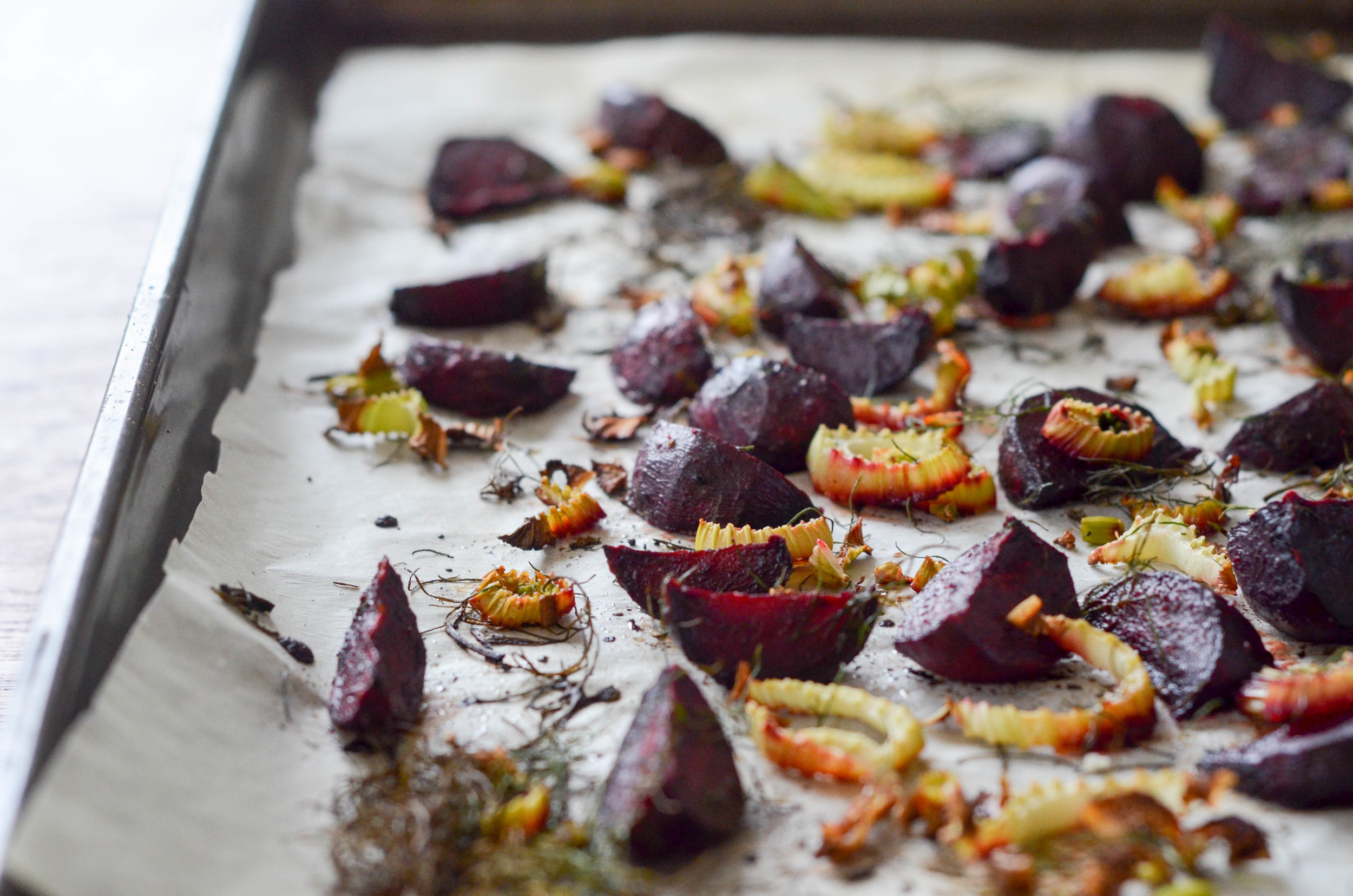Beets are one of the most incredible vegetables. They contain a number of important substances, including betaine, fibre, iron, betacyanin, folate, and pectin, all of which aid in detoxification and digestion. For example, pectin helps clean the toxins that have been removed from the liver, allowing them to be flushed out of the system instead of reabsorbed by the body, and betaine is the substance that encourages the liver cells to get rid of toxins. Additionally, betaine acts to defend the liver and bile ducts, which are important if the liver is to function properly.
Beets have been linked to liver regeneration and healing, help with stomach acid production, assist in the prevention of free-radicals formation, as well as the prevention of lung, liver, skin, spleen, and colon cancer, and have been associated with decreased levels of homocysteine, a substance that when found in excess in the body has been linked to cardiovascular disease, stroke, migraines, and dementia.
But this is just a brief overview. I could basically take up the next hour of your life going on and on about the many benefits of beets.
The nutrient-density of beets is rivalled by few, but one other veg that is up for the task is fennel – the licoricey-flavoured plant used for both culinary and medical purposes for thousands of years. The health benefits of fennel are numerous, some of which include relief from anemia, gas and bloating, constipation or diarrhea, colic, respiratory disorders, as well as menstrual and other hormonal disorders. It also boasts numerous benefits for vision and eye health, and has been shown to support cognitive and immune function. Once again, another lengthy list, that is only scratching the surface.
One of the things I love so much about fennel is that you can use the entire plant – bulb and stock – for a variety of culinary purposes, while still tapping into the nutritional benefits. Case in point, the following recipe encourages you to use both the bulb and the greeny bits (although dill works great too if your fennel didn’t come in full).
So give this nutritional powerhouse dish a go and feel the powers of these incredibly plants nourish your body, head-to-toe!
Roasted Beets with Fennel (plant-based, paleo-friendly)
Prep time: 10 minutes
Cooking time: 20-30 minutes
Makes about 4 servings
Ingredients
1-2 tablespoon, extra virgin olive oil or melted coconut oil
2 large beets, or about 3 or 4 medium sized beets
1 fennel bulb
1/2 loose cup of fresh dill, chopped (or better yet, use the similar looking green bits of the top of the fennel bulb if you have it!)
salt and pepper to taste
Directions
Preheat oven to 400°F and line a baking sheet with parchment paper.
Peel the beets and cut them into bite sized chunks. Thinly slice the fennel.
In a medium sized mixing bowl, toss the beets and fennel with the oil and dill, and spread it out over the baking sheet.
sprinkle with sea salt and fresh cracked pepper and bake for about 20-30 minutes, or until the beets are fork tender.



